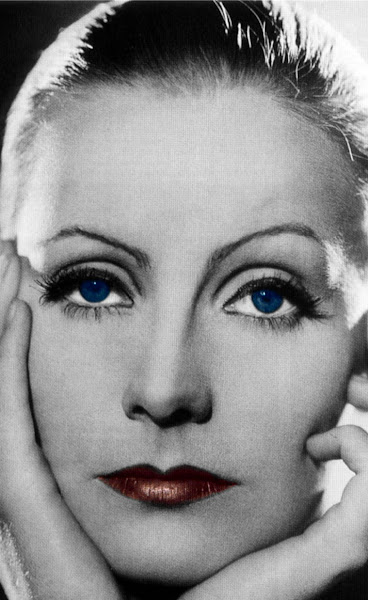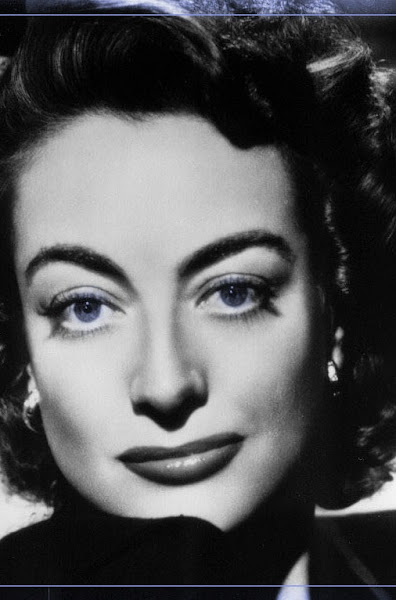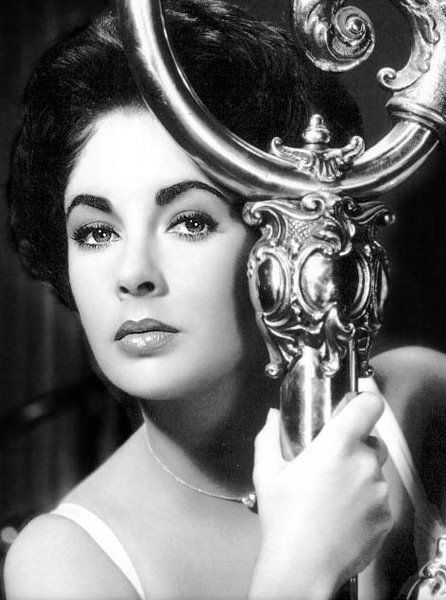 ** ½ out of ****
** ½ out of ****
In an age when Brody Jenner is searching for his new best friend by way of “bromance” on MTV, it should come as no surprise that Hollywood would eventually make a film based on this kind of distinctly heterosexual union between two buddies. The film is “I Love You, Man,” which, like “I Now Pronounce You Chuck and Larry,” also appropriates the idea of homosexual romance and twists it into heterosexual humor.
This film centers on Peter (Paul Rudd), a real estate agent who has just become engaged to Zooey (Rashida Jones) and realizes he has absolutely no groomsmen to match the bevy of female friends his fiancée espouses. He decides to ask his father (a well-cast J.K. Simmons) to be his “best man,” but he changes his mind after his father only indicates Peter’s gay brother (Andy Samberg from “SNL”) to be one of his two best friends (“Along with, Hank, of course,” Hank being a friend of thirty years). Thus, Peter decides to go on some “man-dates” to find a best friend who can ultimately become his “best man.” After his first few attempts to find real friends do not pan out, he gives up and throws himself into selling the mansion of Lou Ferrigno (who makes an amusing cameo). There, he meets an uncouth prospective client named Sydney (Jason Segel), only around for the delicious paninis and the attempts to hit on divorcées, who eventually becomes the buddy Peter never had—they both love fish tacos, walking "Anwar Sadat," Sydney's dog (apparently named so because of his striking resemblance to the former Egyptian president), and jamming to the music of Rush. Soon, however, the time Peter spends with Sydney starts to compromise his happiness with Zooey, putting a strain on their relationship just weeks before the wedding. Furthermore, when Sydney’s motives for befriending Peter become questionable, Peter is put in a bind. What is a “bro” to do?
“I Love You, Man” is probably the funniest commercial film since “Knocked Up,” and it is full of original jokes and wit certain to inspire fits of uncontrollable laughter (as you can glean from the plot alone). It seems as if, based on the beginning of the film, the humor will rely mostly upon crudeness, sex, and gross-outs, but eventually the film settles into itself. The humor becomes pleasantly and surprisingly hilarious because a good deal of it hinges on the main characters’ awkwardness. (One great thing about “I Love You, Man” is that all of the characters are fleshed out well.)
Paul Rudd makes an amusing main character who generates humor through his dependence on imitations of leprechauns (or things that apparently sound like leprechauns) and awkwardly constructed slang words (which fit the character so well that they almost seem ad-libbed on cue). However, he lacks the innate charm of other major comic actors, such as Seth Rogen, so he is ultimately overshadowed by co-star Jason Segel, who falls into the character of grungy, unconventional Sydney so well that his performance can best be described with a certain “je-ne-sais-quoi.” Anyone who can make normal the ensemble of a button-up shirt, swimming trunks, and Ugg boots while walking an Egyptian-named dog and growling in men’s faces like said dog is putting in a “tour-de-force” performance in my opinion.
Amusingly enough, this film reeks of Judd Apatow and Seth Rogen, but incidentally, neither has ever been involved with it. (A good deal of this misattribution likely rests upon the appearances of Paul Rudd and Jason Segel, both of whom appear in several of the films Apatow has produced and directed.) Nonetheless, the humor is very much in the vein of “The 40-Year-Old Virgin,” “Knocked Up,” and “Forgetting Sarah Marshall.” “I Love You, Man” is probably the best “buddy movie” in recent memory, and it depends heavily on its quotable one-liners, hilarious situations, and funny actors. For the 105 minutes “I Love You, Man” is onscreen, prepare to be entertained—the humor makes up for the film's lack of depth. It is not as if the Apatow films do not lack themselves either—all that matters is that you are laughing.
Originally published in the March 25 issue of Versus Magazine: Entertainment & Culture
March 25, 2009
I Love You, Man
Subscribe to:
Post Comments (Atom)

.jpg)

.jpg)
.jpg)

No comments:
Post a Comment